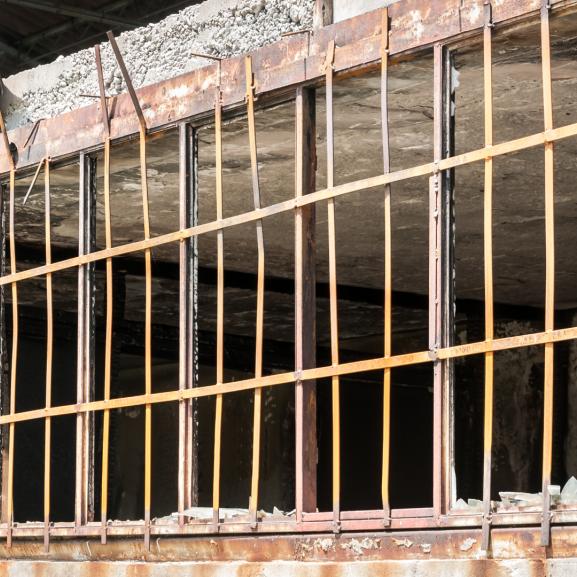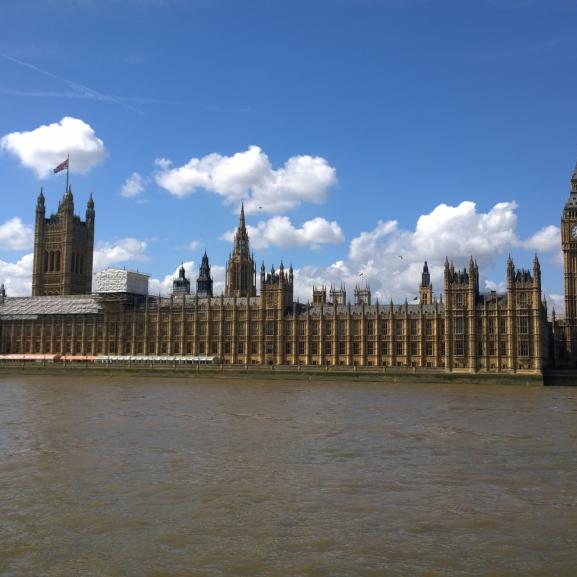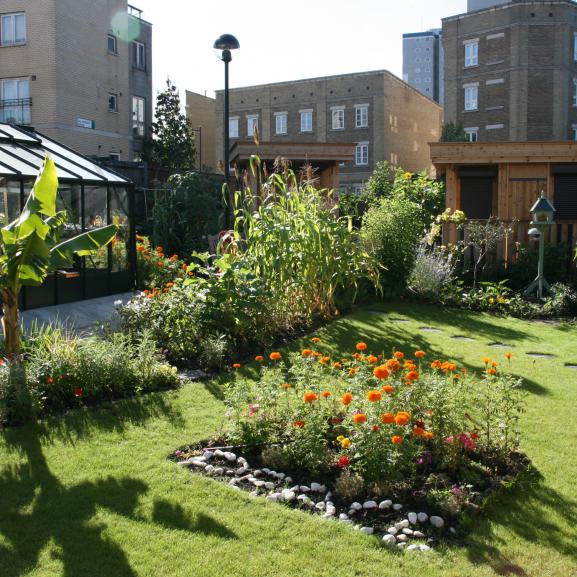"Unbearable" detention conditions in DRC
Ahead of elections next month, Freedom from Torture today publishes evidence of brutal and rampant torture by authorities in the Democratic Republic of the Congo, as punishment for engaging in legal political and human rights activity.
Our report A Tool to Silence: Torture to Crush Dissent is based on the accounts and medical examinations of 74 Congolese men and women who escaped and fled to safety in the UK, and were seen by Freedom from Torture between 2013 and 2018. It highlights a situation of officially sponsored lawlessness and brutality against those legitimately engaging with the political process. Election monitors will need to address the report’s findings.
Far removed from the conflict in the east, the torture recorded in the report took place mostly in and around the capital city, Kinshasa, and it is happened to ordinary people. Some were involved in political opposition activities, others in social justice campaigns, including for women’s rights. Some were detained for a single act like wearing a t-shirt bearing the name of an opposition party. None had a high profile, and all were ordinary citizens, from small business owners to health and legal workers.
Torture in detention centres was so routine that perpetrators referred to torture sessions as “breakfast”, “morning coffee”, or “taking tea”.
The torture recorded in the report took place mostly in and around the capital city, Kinshasa, and it is happened to ordinary people. Some were involved in political opposition activities, others in social justice campaigns, including for women’s rights. Some were detained for a single act like wearing a t-shirt bearing the name of an opposition party.
The medical reports document the use of sexual torture, burning, positional torture, and electric shocks, as well as being forced to witness the torture and killing of others. Overcrowding and filthy conditions were common to all detention sites.
Torture in detention centres was so routine that perpetrators referred to torture sessions as “breakfast”, “morning coffee”, or “taking tea”.
Steve Crawshaw, Policy and Advocacy Director at Freedom from Torture said: “Our report exposes the horror that Congolese men and women have experienced at the hands of their own government. This should be an international wake-up call.
With elections scheduled for 23 December, Freedom from Torture is calling on international governments to condemn this activity in the strongest possible terms, and on the DRC itself to take action against torturers. The torture is in breach of a range of binding commitments which the Democratic Republic of Congo has signed up for, in domestic and international law.
Steve Crawshaw said: “Our evidence shows that people have been tortured on return to the DRC. We are calling on the UK and all governments to stop forced returns there immediately.”
Steve Crawshaw said: “It is not a crime to engage in the political process. Yet brutal punishments are being meted out by authorities who by doing so are themselves breaking their own laws. The systematic use of torture must end immediately, and those responsible for these heinous crimes must be brought to justice.”
The report found:
- Almost all women had been raped
- Over two thirds of men had been raped
- Gang rape was common: more than half of those who were raped described multiple perpetrators, while others watched. The rapes were sometimes accompanied by beating, burning and cutting to further punishment or force compliance.
In the words of one torture survivor, “They are using torture as a tool to silence, and to oppress them so they cannot express themselves.” Another recalled their torturer telling them: “We got you. You will suffer. You will be killed like those in your leaflets.”
The report raises serious concerns over the safety of forced removal to the DRC. Seven of the 74 survivors had previously travelled outside the DRC. Of those, five were detained on return for reasons directly related to their visit or residence abroad. Survivors consulted during the preparation of the report expressed fear of being tortured or killed should they be returned to the DRC.
Steve Crawshaw said: “Our evidence shows that people have been tortured on return to the DRC. We are calling on the UK and all governments to stop forced returns there immediately.”
Background
President Joseph Kabila remains head of state despite a constitutional limit of two consecutive presidential terms and the formal expiration of his second term in December 2016. Since 2015, many protests have taken place calling for Kabila to step down. The protests have been violently suppressed.
Human Rights Watch reports that Congolese government security forces have killed nearly 300 people during largely peaceful political protests since 2015. The opposition held a rally on 26 October, highlighting their fear of electoral fraud. There are concerns that government violence will intensify ahead of the election scheduled for December.
Human Rights Watch reports that Congolese government security forces have killed nearly 300 people during largely peaceful political protests since 2015.
One torture survivor told Freedom from Torture: “Everyone has Congo in their pocket. Everyone has a smartphone. Everyone needs to stand up and say something about change in that country, because if you have a phone or TV, you have part of Congo in your house.”
As the world’s largest exporter of copper and cobalt, Congo is one of the richest in terms of minerals. It is the prime source of minerals used in smartphones, laptops and electric cars. One torture survivor told Freedom from Torture: “Everyone has Congo in their pocket. Everyone has a smartphone. Everyone needs to stand up and say something about change in that country, because if you have a phone or TV, you have part of Congo in your house.”
The perpetrators
Congolese women and men have been routinely detained and tortured for legitimate political activities by the following state agencies: the military, including armed forces (FARDC) and the Republican Guard, the Congolese National Police and Rapid Intervention Police, and National Intelligence Agency.
One survivor was held with 60 other people. One recalled: “I felt death coming”.
Arrest and detention
Violations of human rights began at the point of arrest, with many reporting violence, particularly those detained from their homes or a demonstration. People were held incommunicado in official and unofficial detention sites, the majority based in Kinshasa. Overcrowding and filthy conditions were common to all detention sites.
With access to toilets often dependent on the whim of the guards, many were forced to urinate or defecate in their cells. One survivor was held with 60 other people. One recalled: “I felt death coming”.
Use of torture
Other methods of torture included beatings with various instruments, electric shocks and being forced to stare in to the sun. Psychological torture was widespread. This included threats of death and further torture, and forced performance of humiliating acts.
The majority were raped. This was often carried out openly and by multiple guards. Other methods of torture included beatings with various instruments, electric shocks and being forced to stare in to the sun. Psychological torture was widespread. This included threats of death and further torture, and forced performance of humiliating acts. Over half witnessed the torture of other detainees.
Escape
Most were detained for less than six months. After witnessing the torture and killings, many believed they would not survive if they did not escape. Some were told that their name was on a “kill list”. The majority of those in this study escaped only with the help of a sympathetic guard, often based on common ethnicity or place of origin. A third of survivors arranged a bribe. A survivor recalled: “You are lucky, today was your day to die…if they catch you, you are dead” (Excerpt from medico-legal report).
Note to editors:
- For media enquiries and interviews with torture survivors, please contact Aalia Khan: [email protected] or call +44 (0)7912 579190.
- This report seeks to contribute to international efforts to prevent torture in the DRC and hold perpetrators to account, using forensic evidence compiled by Freedom from Torture’s expert doctors.
- This research is based on the individual medico-legal reports prepared by Freedom from Torture’s independent Medico-Legal Report Service.
- Our research analyses 74 medico-legal reports prepared by and on behalf of Freedom from Torture between January 2013 and July 2018 for Congolese nationals who had fled to the UK.
- All 74 individuals in the case set have given consent according to our data and confidentiality policy.







